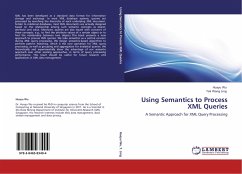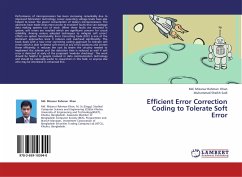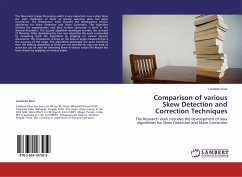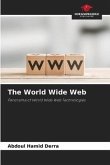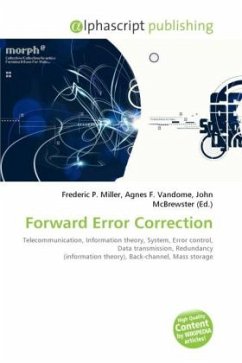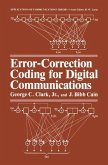In the field of grammatical inference most of the
existing learning models have been inspired by the
process of human language acquisition. For example,
the query learning model is a representation of our
intuition that children acquire their native language
while interacting with their environment.
Apart from the well-established membership and
equivalence queries, many other types of queries have
been introduced. Nevertheless, none of these reflect
an important aspect of the way children learn
languages, namely that although they are not
explicitly provided negative examples (i.e., words
that are not in the language or ungrammatical
sentences), adults correct them when they make
mistakes. In this book we thoroughly investigate a
recently introduced type of query, called CORRECTION
QUERY, which copes with this particularity of
children language acquisition. Here are some of the
topics addressed: What is the power of correction
queries? Can we compare them with other query
learning or Gold-style learning models? Which of them
provides the learner with more information? Can we
build efficient algorithms that learn well-known
classes of languages with correction queries?
existing learning models have been inspired by the
process of human language acquisition. For example,
the query learning model is a representation of our
intuition that children acquire their native language
while interacting with their environment.
Apart from the well-established membership and
equivalence queries, many other types of queries have
been introduced. Nevertheless, none of these reflect
an important aspect of the way children learn
languages, namely that although they are not
explicitly provided negative examples (i.e., words
that are not in the language or ungrammatical
sentences), adults correct them when they make
mistakes. In this book we thoroughly investigate a
recently introduced type of query, called CORRECTION
QUERY, which copes with this particularity of
children language acquisition. Here are some of the
topics addressed: What is the power of correction
queries? Can we compare them with other query
learning or Gold-style learning models? Which of them
provides the learner with more information? Can we
build efficient algorithms that learn well-known
classes of languages with correction queries?


